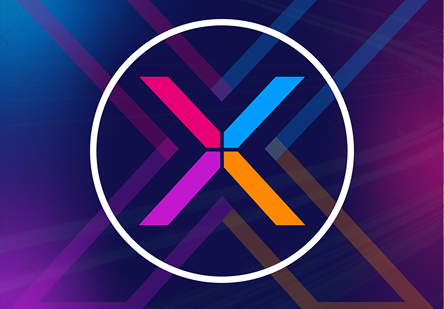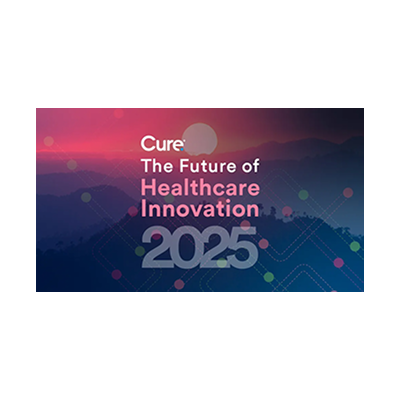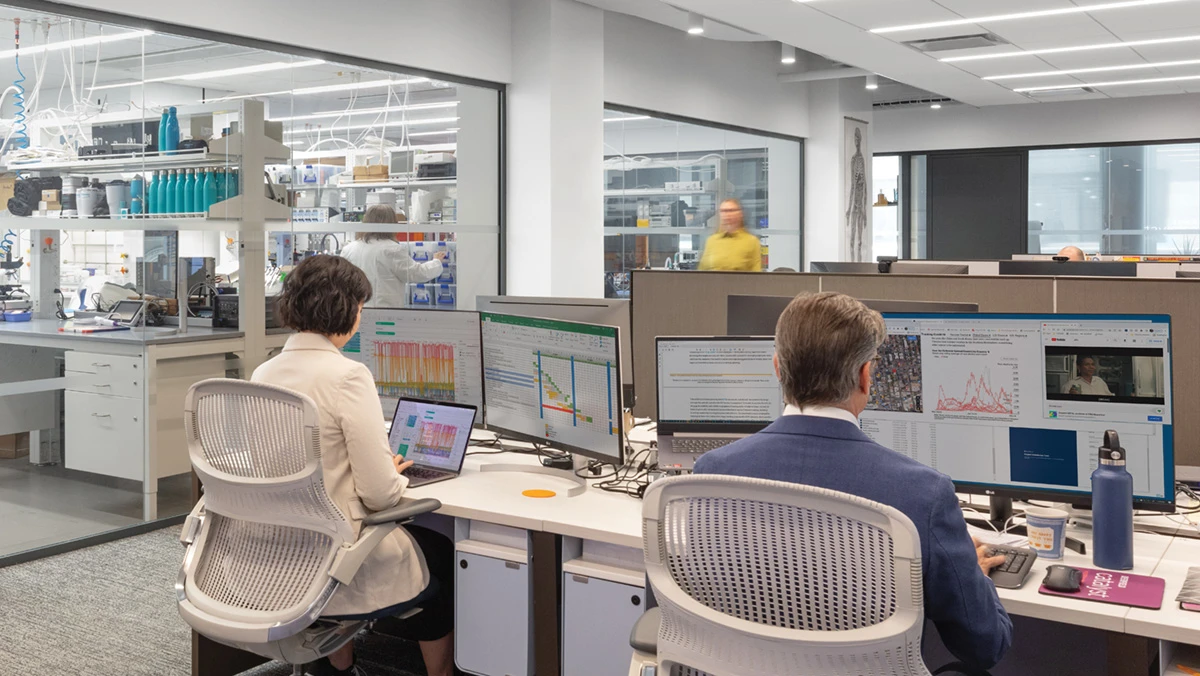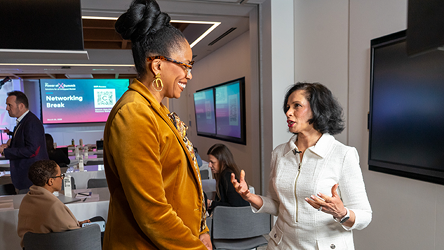February 20, 2024
Xchange Story
Spotlight On: Alex Gavryushkin, Founder of Allagi.ai
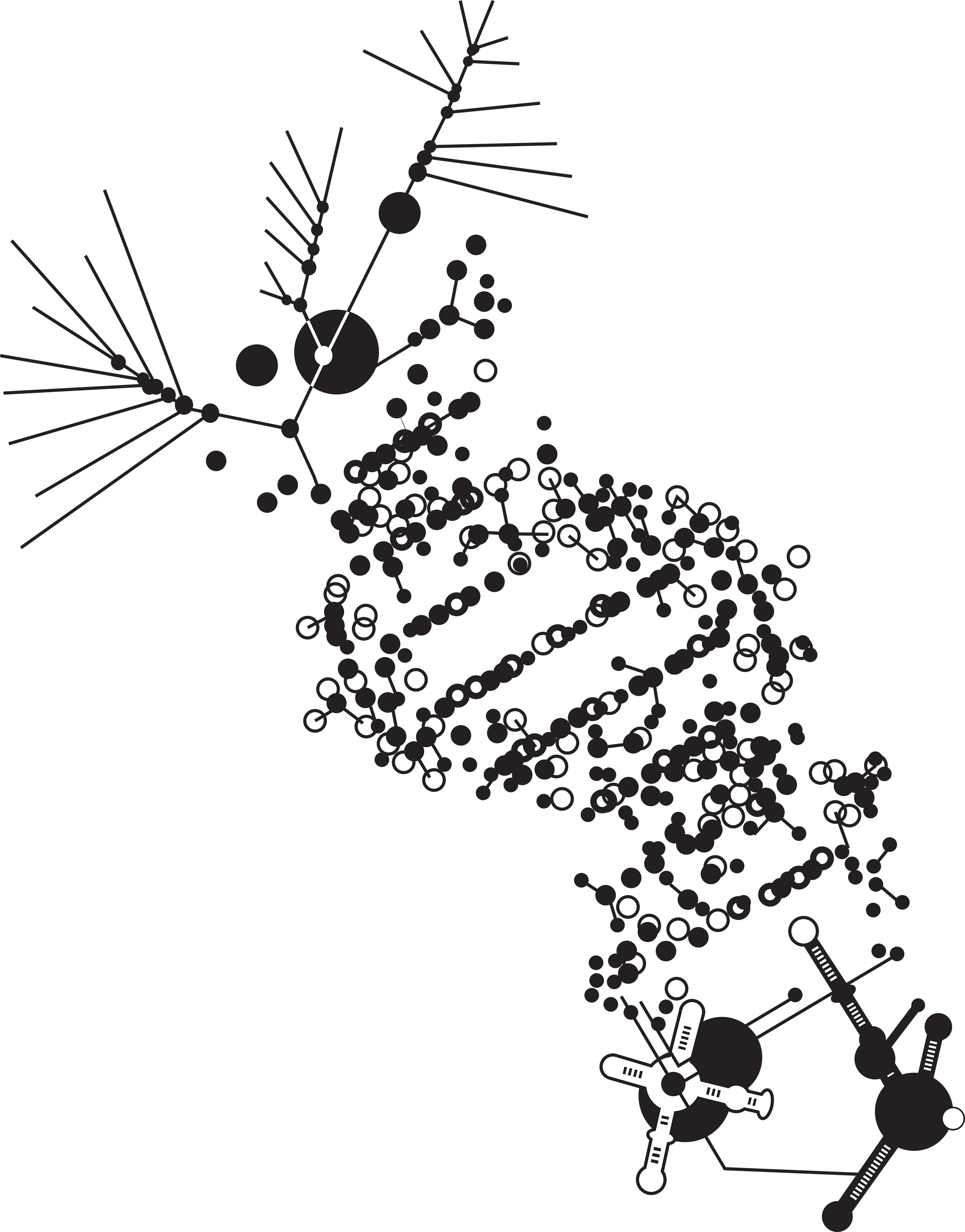
Overview
Through his company Allagi.ai, Alex Gavryushkin, PhD, is using AI to streamline a time-consuming process for oncologists, allowing them to devise more effective treatment plans for patients, including those with rare and hard-to-treat cancers.
Cure: Tell us a little bit about the inspiration for your company.
Alex Gavryushkin, PhD: I originally started Allagi.ai because I wanted to help a person I love who was fighting complex cancer. The oncologists basically said, “Well, we don't really know what’s going on. Maybe we’ll do this surgery, maybe we’ll do that surgery, maybe we’ll remove this organ, just to stay safe.” They couldn't explain how the cancer was developing or even where it started. All those questions remained unanswered.
At the time, I was working on developing algorithms for reconstructing the population dynamics of evolving systems. And that’s exactly what cancer is—it’s an evolving system that tries to escape the immune system and our therapeutic strategies so it can keep growing. So, I thought, maybe we should be developing algorithms for this. I met a group of amazing experts working in the field, and we decided to develop a technology that could help not just the one particular person that I was so keen on helping but benefit all humanity.
Cure: Can you explain the problem that Allagi.ai is aiming to solve?
Gavryushkin: Allagi.ai is building an AI system to help people fighting cancer, and we are specifically focusing on complex and rare cancers — those that are, or should be, typically referred to a molecular tumor board (MTB). MTBs are expensive and inaccessible to the vast majority of populations in the world. We are making MTBs more accessible using technology.
Cure: Can you explain more about what a molecular tumor board is?
Gavryushkin: When a patient has cancer, their oncologist will, ideally, request molecular tests on the patient’s data to make decisions about how to proceed with their treatment. When it comes to rare or complex cancers, oncologists often cannot come to a conclusive solution, so they involve a Molecular Tumor Board. The MTB is an interdisciplinary panel of experts who look through patient records, clinical history and, most importantly, molecular tests. They’re trying to link that patient’s cancer to actionable therapeutic options.
Cure: How long does the MTB process currently take?
Gavryushkin: As you can imagine, a MTB is a time-consuming process and very expensive because it involves highly qualified experts who spend a lot of time linking an individual patient to clinical and biomedical knowledge. MTBs currently spend weeks per patient, as decisions this important cannot be rushed. But AI can identify and run computational analyses on molecular data, looking specifically into how the cancer has evolved inside the patient. It'll computationally reconstruct the driver mutations that led to cancer progression and explain how we can therapeutically act against them. Ultimately, our Allagi.ai technology will work exactly as the MTBs work, but the time spent per patient will be reduced to just hours instead of weeks. With the information they receive, the panel advises the lead oncologist and the oncologist treating the patient ultimately decides the patient’s treatment.
Cure: Have you been able to test Allagi.ai on patients yet?
Gavryushkin: We have applied the Allagi.ai technology to several patients, and we published one of the cases in the Cold Spring Harbor Molecular Case Studies. At the moment, we’re working with hospitals and patients in New Zealand and Australia, demonstrating how our technology works and learning how we can help them embed it in their practice. We're also talking to molecular pathology labs that expressed strong interest in the technology for interpreting their results and linking their results to biomedical knowledge.
Cure: What would it mean to you if you won the Cure Xchange Challenge?
Gavryushkin: Cure has built an amazing ecosystem in the heart of New York City where significant work is happening in AI, genomics and health. Obviously New York and the region have some of the best experts in the world in these fields. So, the mentorship and the network that the Cure ecosystem delivers are very attractive to us.
If we were to win, we could expand in the North American market, which is very exciting. Since this technology is specifically relevant to complex and rare cases, the more cases we work on, the more powerful our technology becomes. Having access to the diverse range of patients in the North American healthcare system would be absolutely amazing for our technology, and it would help us make a bigger impact on the world.

